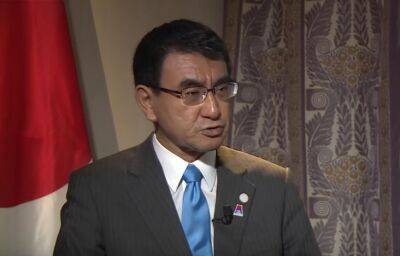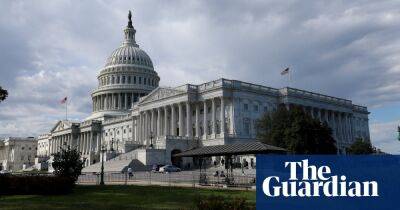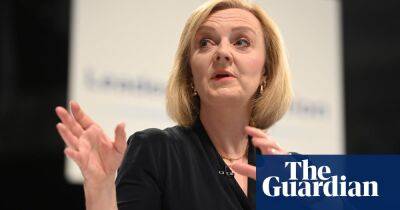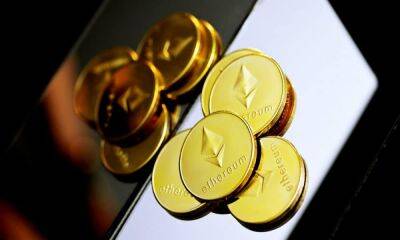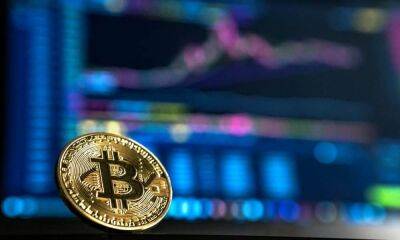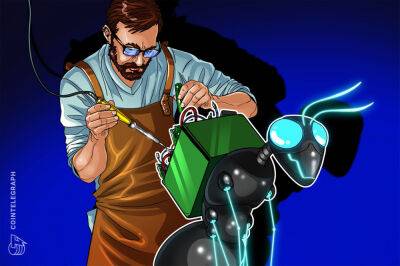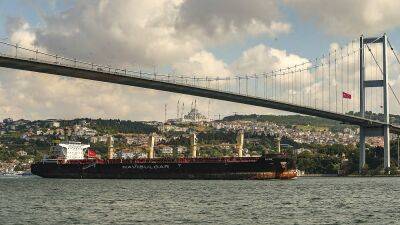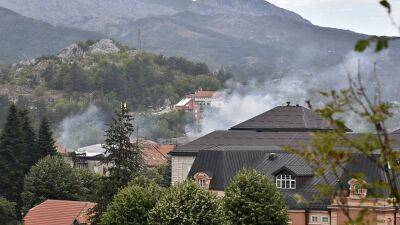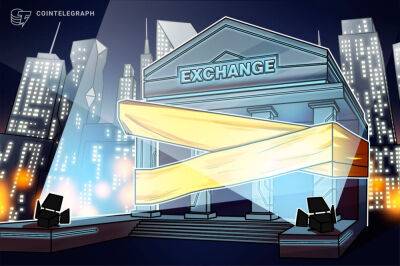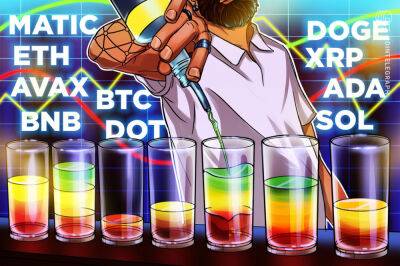Economics made simple: 10 experts on where the cost of living crisis came from, and where it’s heading
Vicky Pryce Chief economic adviser at the Centre for Economics and Business Researchand co-author with Andy Ross and Peter Urwinof It’s the Economy, Stupid: Economics for Voters (Biteback)
Inflation is an increase in the price of goods and services in an economy. High inflation means, effectively, that people can buy less with their money. This can happen for a number of reasons: a run on a country’s currency that increases prices of imported goods; a large stimulus to the economy when the system is already at or near full capacity; a strongly unionised labour force exercising its bargaining power; a sudden shortage of labour (following Brexit, for example) or international cost-push factors outside an individual country’s direct control. The latter happened at the time of the two oil crises of the 1970s, and it’s happening again now.
Central banks aim to keep inflation low and steady. When it gets too high, there are various measures they can take, including raising interest rates, reducing money supply, raising taxes to contain spending or implementing a prices policy to keep certain prices at least under control. The French, for example, have forced their energy companies to keep electricity price increases to households to no more than 4% this year, which has kept inflation lower in France than in other European countries.
The problem now is that demand-pull inflation, which we experienced when Covid restrictions were lifted and the economy surged, has turned into cost-push inflation, determined not by wage growth but by the war in Ukraine, which has sent energy and food prices soaring. No central bank by itself can do much about this, except through lowering growth and possibly bringing about a recession – or even
Read more on theguardian.com
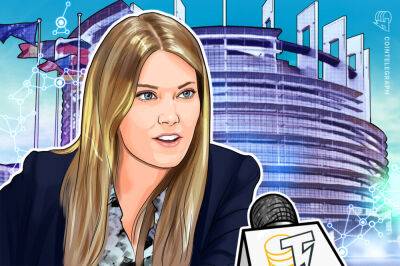
![Chainlink [LINK] traders can leverage this pattern’s break profitably - ambcrypto.com](https://finance-news.co/storage/thumbs_400/img/2022/8/13/37028_yji.jpg)
